Getting Kids off Technology
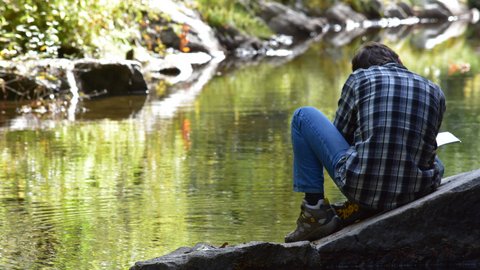
“What is a kid today going to remember when in hospice? Beating the game Grand Theft Auto?” – Richard Louv
FAQ: How Do I Keep My Kids Off Technology?
Answer: Have a Lifestyle That Is a Draw to Keep the Family Off Technology
Here is my 2 Cents
First, let me state I am not a Luddite, though people have put that label on my back, most of my life technology has been a big part of my curreer. Chew on this Bill Gates, Steve Jobs, and Elon Musk are not Luddites but all raised their kids with limited or non tech childhoods. Bill and Malinda did not give their kids screen devises until age 14 and do not want their kids using technology for entertainment. I believe that computers, smart phones, and their applications are tools that today’s students need to learn to best navigate and to make these tools work for them. Careers will continue to grow that either are based on technology or use technology as a tool. That being said, to be a happy healthy well rounded person that is well educated and has the ability of critical thinking and are ethical leaders technology should not be the primary source of knowledge, the only form of avocation, entertainment, recreation, or social interaction.
Moderation is key; the negative effects of addiction to the internet, gaming, social media even the constant need for distraction is all well documented with regards to delayed brain and cognitive development, sleep deprivation, slowed speech development, slowed social development, and depression. If you think your child is spending too much time on technology you are probably correct. If you are fearful of the effects on your child you have good reason. I hope that my research on technology and cognitive development, and cultural development, my philosophy, and guidelines will be of value to you and your family.
How you focus technology in your home and your children’s life is your choice as a parent. I truly believe that technology should be treated as a tool and it should be left on my desk most of the day.
How to Maintain a Good Balance
Again I truly believe that technology should be treated as a tool and it should be left on my desk most of the day so it will not distract me from my nonworking day and change my focus. I also believe technology should not be your sole source of entertainment (it is well documented that addition to entertainment stifles creativity and personal development), or my sole source of personal connection (it is well documented that over dependence actually leads to isolation and depression). As I eluded to before technology was and is a large part of my professional life but never more than a small part of my body of avocations or personal development.
Addiction to technology stems from a lifestyle that is centered around technology and as with many of today’s parents who also have a focus on technology, too many parents modeling to the kids that the device is more important than they are. Radio, TV, streaming video, gaming, even the seemingly unrelated centurial furnace like an invasive species has pushed out of the home the skills, creativity, storytelling, making music, and deep personal connections that were centurial to life not that long ago contributed to the development of our species.
Key is happiness is a habit, it must be practiced, it must be reinforced, it physically changes the brain, makes us healthier, and it is a spiral upward phenomenon, the happier you are you’ll do more of the activities that will make you happier.
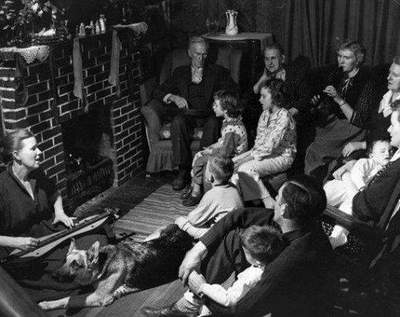
Family Life Before Technology
Before WWII about half the population were independent owning small businesses mostly farms with a rural lifestyle. My parents had me late in life and their parents had them late in life; my grandfather was a kid during the Civil War. With my own memories of being with an extended family of aunts, uncles, and older cousins that grew up between 1880 and 1920. By the 60s day to day lifestyle had changed little for them when they helped raise me. Therefore, I grew up to a large degree in that same lifestyle.
My current volunteer work with hospice I hear the same stories told by other voices of their own youth during the 20s and 30s which reinforces my own memories. In many ways it was a harder life but happier and a more rewarding one.
In working with people at the end of life in hospice we have found (and is well documented by others) they have a reflective insight and what they tell us is kinship, health and fitness, avocation, time spent in nature, and finance, in this order is what they now know to be the most important things in their life. Those that are happiest had a life with a balance of these 5 things.
Here’s the thing, to get that balance what we need to do is not return to a lifestyle of the 30s but a blending of that which is important from that lifestyle and the tools we have today.
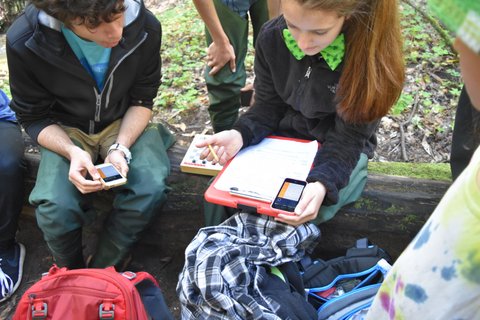
Protocol for a Balanced Life
The following is how we run both our boarding school and our camps. Most of these activates below should be considered black out times for technology, to get everyone in the habit of leaving the phone off and on the desk during certain times of the day. Some find it best to have a controller on the Wi-Fi to give scheduled black out times such as during meals, central fire, and between three hours before bedtime and a given time after wakeup, meal times, and other black-out times. Again the purpose is to decrease the times that the family is drawn to be on technology and by creating habits of doing activates which give dopamine hits.
For some families that started using technology as a pacifier or babysitter for their young children it is going to be tough to restrict their child’s use of technology. Over the past 18 years we have found teens that were addicted to their technology and were adamant that, “I CAN’T LIVE WITHOUT MY PHONE, THIS WILL RUIN MY LIFE, OH MY GOD, I HATE YOU.” in a day or two they have forgotten about their phone and were different kids when their parents picked them up from camp. Developing good habits and good behaviors in kids in easy if you start early and are consistent.
Again start small adding one each week and in a few months they will be using their phone as a tool when needed, above all the adults must all buy into this and model what you ask of the teens.
Start Each Day Giving Gratitude
Instead of checking your Facebook feed or news at the beginning of each day keep a Gratitude Journal. What you do first thing in the morning sets the tone for whether you are going to start the day in a good mood or not. It is much harder to get out of being in a bad mood then it is by starting your day in a good mood. The written hand is a much more powerful way of setting that intention of anything and being in a good mood is no different. At the morning meal share out loud at the start of the morning meal your gratitude.
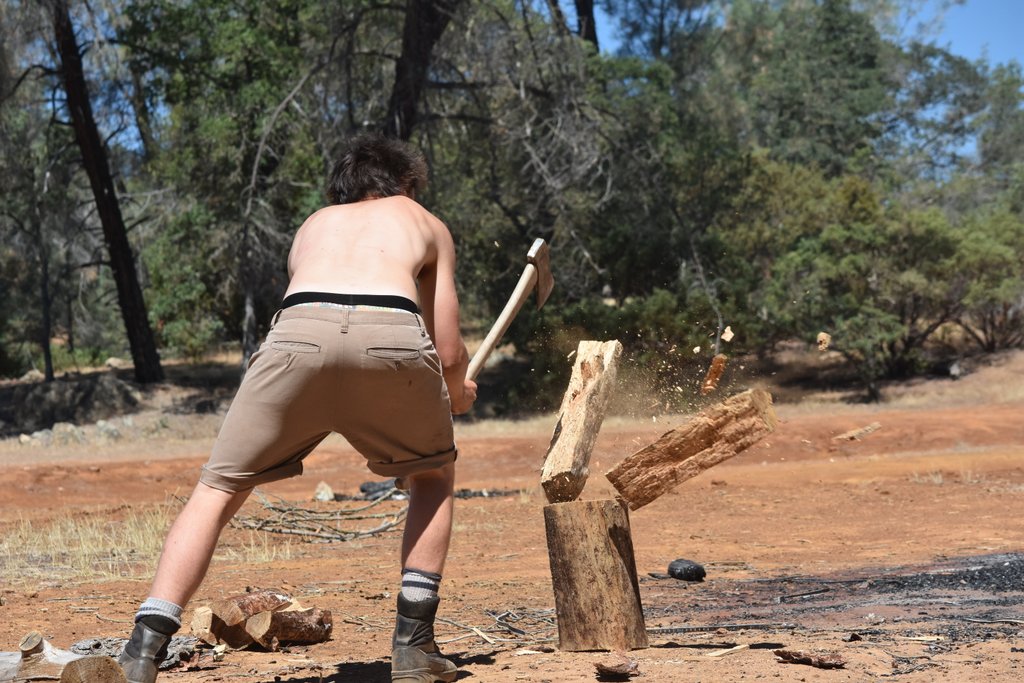
Chores
Chores builds kindship through helping each other in working for something bigger than oneself also many chores should be done with others and should be a time of telling jokes, storytelling, and music. Laughter, and singing should be heard coming from the kitchen, the woodlot, and throughout the home throughout the day. To make this work lose the mp3 player and be present for everyone doing chores with you. There are early morning (before breakfast), mid-morning, afternoon, after-dinner chores, and major projects done on a regular basis. See The Value of Chores and Chores by Age for more information.

A Mourning Hike
No ear buds no texting, no selfies, not checking your social media feeds. Be aware of your landscape and soundscape start your day by being outside and getting the blood flowing; in short be present at a daily walk (in Teddy Roosevelts and Winston Churchill’s case a horseback ride) can be done for a lifetime. My parents in their 80s started their day with a walk. Each day of the school our students walk a mile or more to where we would conduct our classes for the day.
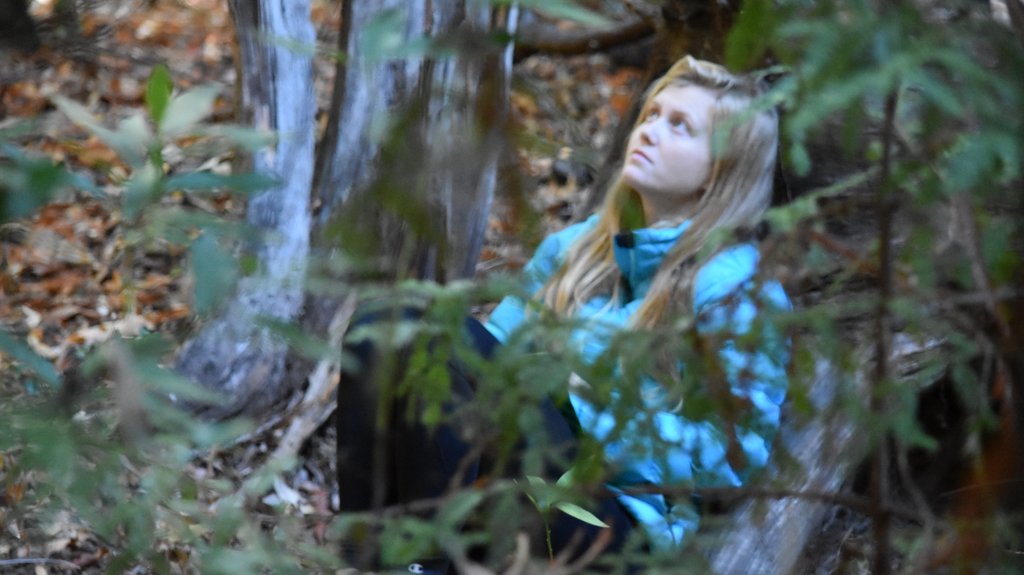
Nature Sit, Nature Journal, and Nature Story of the Day
No distractions, no electronics no books, no notes. We evolved in nature, we are a part of nature, being in nature resets us. In talking with my hospice patients their time in nature is what most often puts a smile on their face. People will incorrectly describe us as a wilderness or survival school, what we are is an academic institution that woodlands are our classroom for the number one reason that students are happier and learn better outside. Everyone does better when time is spent outside doing physical activity. This is one of the first core routines you should adopt and one that should be sacred that is done without fail.
More information on nature connection
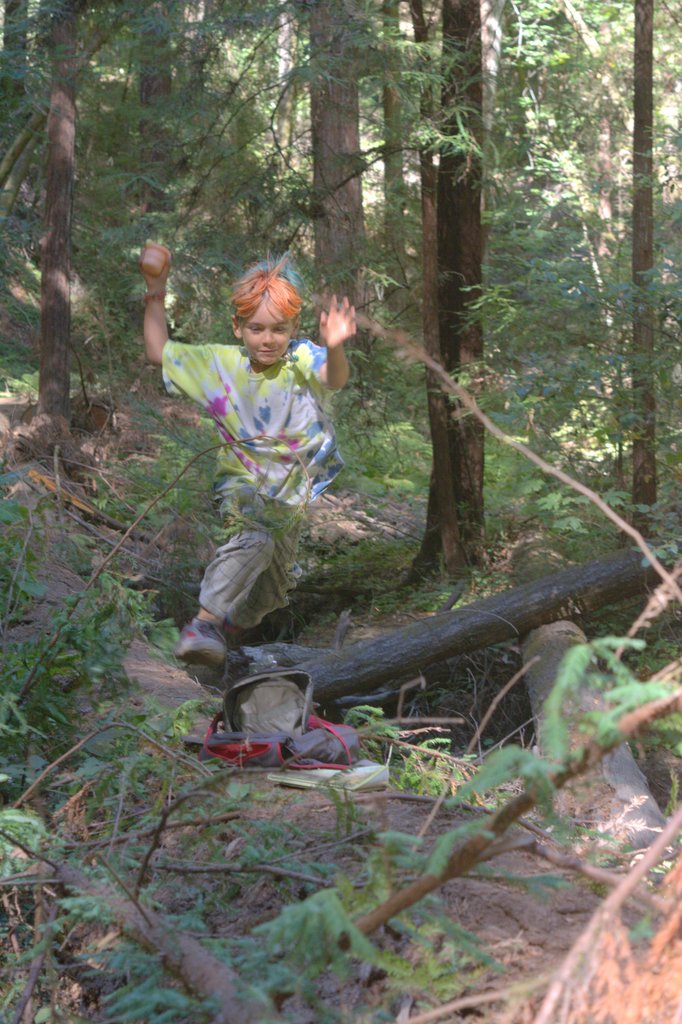
Undirected Free Play and Exploration, and Rough and Tumble Play
Wander through the landscape without time, destination, agenda, or future purpose; be present in the moment; and go off-trail wherever curiosity leads. Hmmm …an educational activity without purpose? A walk in nature without a destination or intent? Are we serious? Yep! Adult intervention does not add value to free play it is well documented that free play is necessary for brain and social development, character development and interpersonal skills. Rough and tumble play between father and children, siblings, friends, and mixed aged groups builds personal bonds and high level social development. This is done repeatedly throughout the day every day. This we do without fail at the school. We work hard and push ourselves daily to raise the bar and many short breaks throughout the day to run and play tag or explore an area of the woodlands.
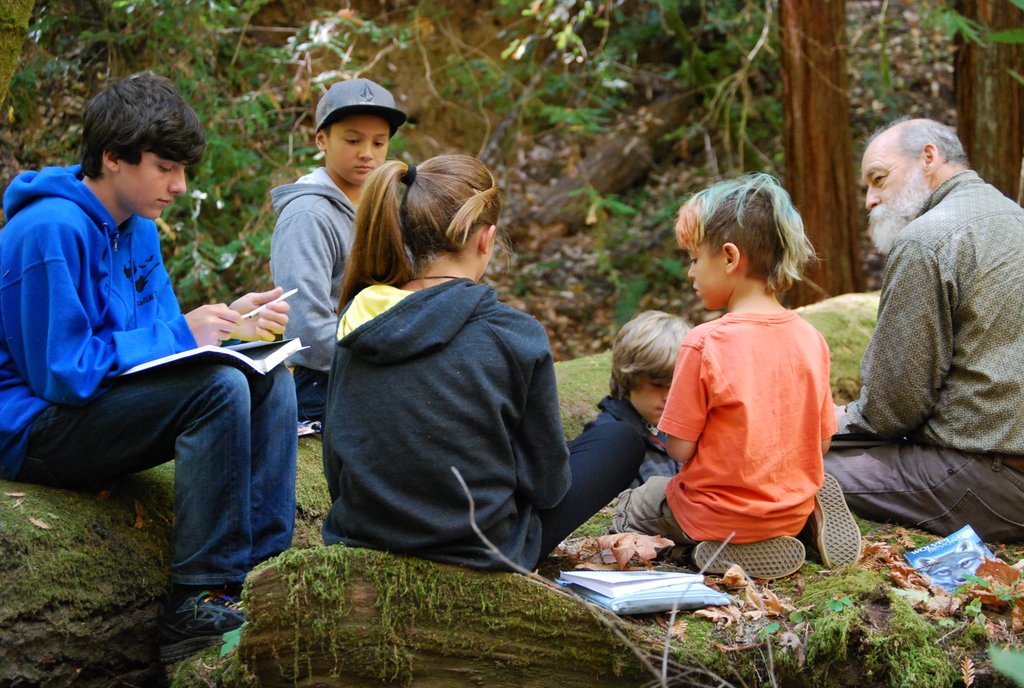
Writing Goals
After our sit spot we write our long range goals as they pertain to kinship, health and fitness, avocation, time spent in nature, and finance, the mid-range goals that support the long range goals, and the daily-goals as they support your mid-range goals. Remember those that write down their goals are those that are most successful at meeting their goals and those that do it daily are the ones that are most successful meeting them sooner. If you share your goals with others it will happen sooner.
Ending Each Evening with a Central Fire
Adding the centurial fire to your family’s daily routine should be a high priority to start as soon as you can. This will make a big impact and both getting the family to take their focus off of technology and building connections between family members. The memories will last a lifetime. If you can have a real fire that burns wood it sets the stage for the family core of being in the woods to harvest wood, sawing, splitting, hauling, and stacking all add value to building family bonds and memories. Many of the other core routines from sharing the story of the day to having a reason to do chores. The firelight also stimulates the production of the sleep hormone malathion. This is also a time for working on crafts, singing, storytelling, reading books. You don’t have a fireplace there are other alternatives. Read more about the value of the central fire
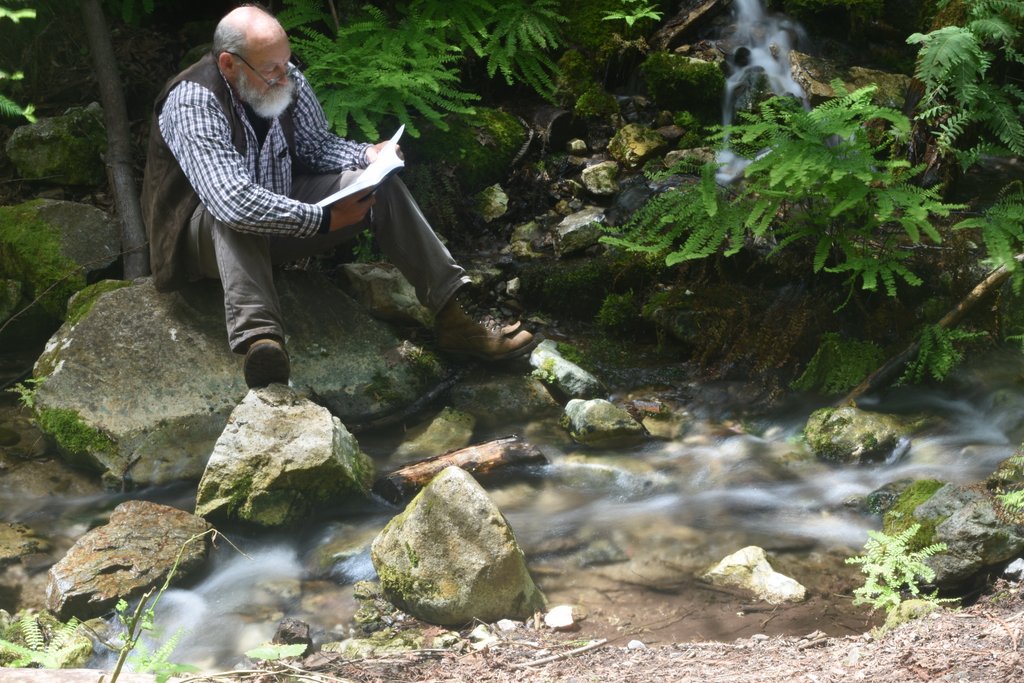
Read From a Book
Read for pure entertainment, read for enlightenment, read the books your mentors read and the books your mentor’s mentors read. Journal your reading, copy a passage or quote, keep a lexicon journal write down new words that you learned or were just used in a different light. Share your reading with your friends and family.
Write a Hand Written Note to a Friend, Family, or Anyone They Respect
Receiving a hand written note from a friend is very powerful in deed and so is the act in writing that note. One teen shared with us how much she has treasured the notes that she has gotten from us, I will go into businesses and see the cards we have sent them on their walls, we had one teen say he would get a hand written birthday note from us and how that was much more important that was to him than the commercial birthday card even with a check in it from his Grandmother. One of our studetns wrote to Daniel Coyle the author of the Talant Code and The Little Book of Talent, as well as Erik Wahl artist, speaker, author and both wrote back. Erik answered guestions for publishing them in our newsletters.
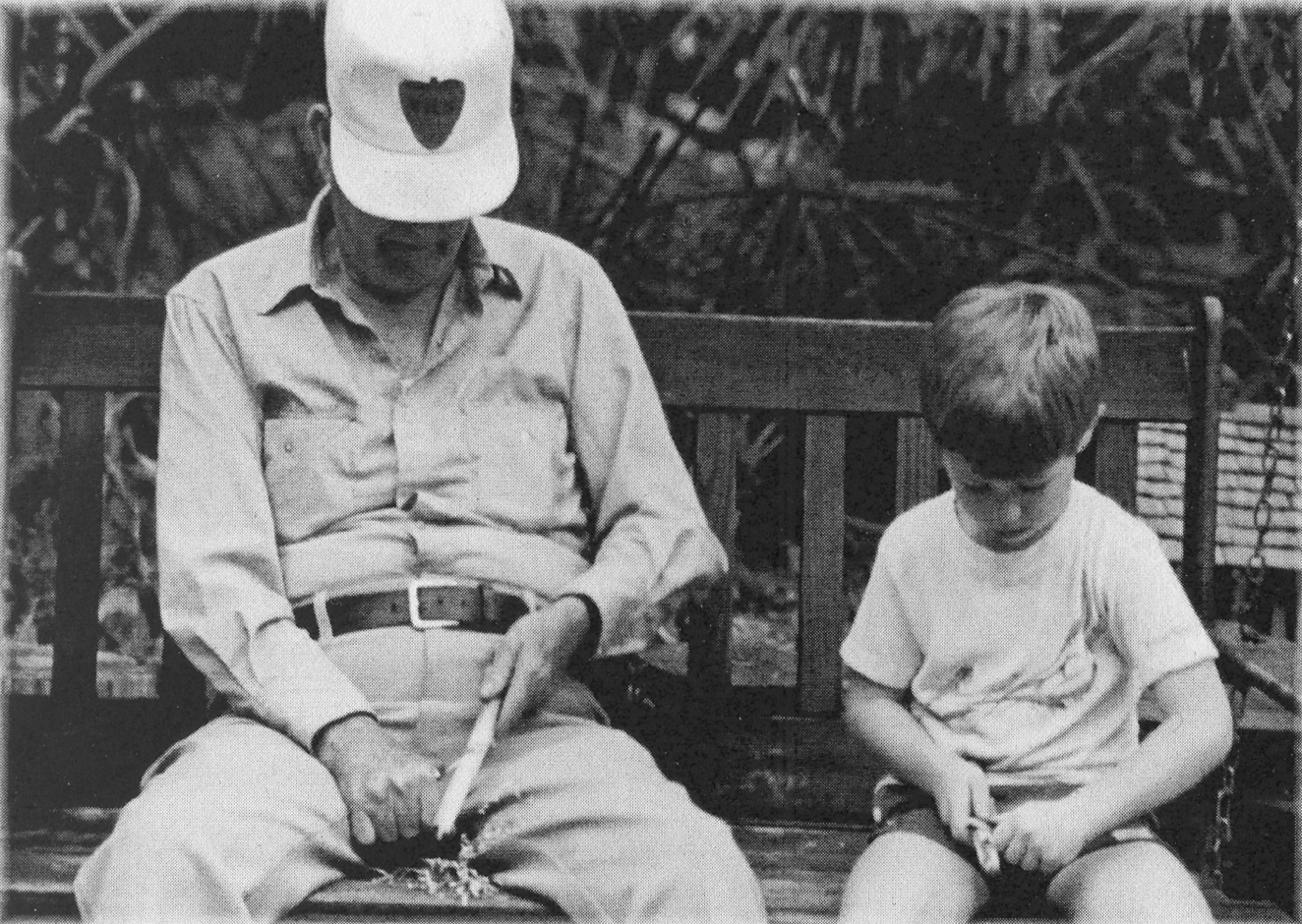
Find an Elderly Mentor
Having a connection to the past through an elderly person does good for both the child and the adult. Just one afternoon a week they could meet and work on projects togather. The Foxfire Books were written by highschool teens interviewing elderly and masters in their community practicing rural life in the Appalachian Mountains, some were relatives of the students but many were not. If you have not seen these books they were published by the students from 1967 through 2006. What interests does your child have? Does any of your extended family have the same interest? Is there a guild or club practicing that interest? It could be as general as a love for reading or as specific as ham radio or banjo making. I did the same thing growing up working with gunsmiths, woodcarvers, and ranchers. I also helped an elderly aunt when I was kid and stayed with her on weekends and summers. Those memories are invaluble.
Meals
Families gathered at meals to eat and share stories of the day; few households had a phone or TV so conversation was without interruption from the outside world. There are family chores to prepare the meal and prepare the table as well as clean up once the meal is finished.
Meals should have a degree of being formal clean-up, dress-up, and use a decorum proper for dinner. One family has a drawer in the kitchen that the phones go in before they grab a plate. Another family the Wi-Fi is shut off until the next day an hour before dinner and a half hour before and after breakfast and dinner.
Meal time is meant to be fun time. It is cool to hear a student jokingly correct someone that has brought a topic banded from the dinner table sounding like me, saying, “There will be no discourse or debate about the Pope, politics, poop, or prolapses at the dining table.” and after the meal the chore of washing the dishes was also a time of celebration that all helped with.
No Screen-Time Three Hours Before Bed Time
Briefly, the process of removing waste product from the brain only occurs during deep sleep. The inactivity of the brain during sleep first allows the cerebral tissue to shrink thus allowing room for cerebrospinal fluid, a clear liquid surrounding the brain and spinal cord flood those spaces wash through the brain purging waste then transferring the waste to the blood. This all takes time and only happen during deep sleep. This is why without deep sleep of adequate duration learning is delayed and brain health is compromised, less able to handle stress.
It is important to limit screen-time before bed because by design the bright blue and white colors of the screen; the sounds of most applications, programs, games, operating systems, driving the addiction is also the designed success rate is 30%, less than that causes hopelessness and you’ll quit playing the game, greater than that causes boredom and you’ll quit playing the game. So the combination of the choice of colors, the noise, and the success rate trigger the following hormones dopamine (feelings of bliss and pleasure, euphoric, appetite control, feeling of being focused; endorphins, mood elevating, enhancing; epinephrine (adrenaline) and norepinephrine (noradrenaline) the “stress hormones” increase in heart rate and blood pressure, the hormones of fight or flight, which suppresses melatonin, the hormone of sleep for three hours after the last exposure to these stimuli. If there is a decrease in melatonin and an increase in cortisol production raises some cancer rates and increases as well as other health issues. Good activites that could be done while waiting for sleep chatting in front of an open flame, reading a book, or journaling.
If there is a decrease in melatonin cortisol production raises some cancer rates increase as well as other health issues.
The link I referred to above under the heading of Core Routines Central Fire has good information on fire light and melatonin.
End Each Day with Journaling the Accomplishments of the Day
My grandfather was nearing 90 when I was a kid and continued to ask himself each night, “Did what I do today earn me a tomorrow?” He got me to do that as a kid. He would jot down what his accomplishments were even if they seemed insignificant like learning a new word. This added to his attitude of wellbeing. This sets the stage for what your goals will be the next morning. You will find an added benefit is when updating your resume thumbing through one of your journals will give you inspiration.
In Closing
Many of the core routines I have suggested will produce the same endorphin and dopamine rush that our technology produces but the experiences are real and accomplishments are tangible. There are many ways to accomplish this there is no one right way. The goal is to create good habits that will not only substitue for bad habits or better not get the kids having the bad habits to start with and feed their passions along with their desire to explore.
In the 90s my daughter’s high school agriculture farm had a lath house which had been vandalized it looked horrible with broken lath hanging over most of it. In short it was in bad need of being re-lathed. It was approximately 75 feet by 50 feet the FFA boosters were going to get bids to re-lath the building. I offered to volunteer to reskin it for the cost of the materials. I showed up at the school one afternoon with a trailer mounted radial arm saw, air compressor, three pneumatic nail guns, and enough lathing to reskin the house. There were a half a dozen teens hanging around waiting for the late bus; I asked one girl, “You ever use a nail gun?”
“Ah… No.”
“Today is a good day to learn.” Looking at one of the older boys, “Ever use a radial arm saw?”
“I would like to learn.”
“You all want to help?” There was a resounding, “Absolutely!”
I dealt out jobs to each. Got eye and ear protection on everyone. I had already set up stops on the saw and knew how best to utilize 6 or more teens. With a little safety instruction I modeled each job to each student, made sure they could preform their tasks we practiced the process and soon the students got in to a good rhythm, leap frogging each other as the lathing was cut, spaced on the building, nailed top, middle, and bottom. There was never a bottle neck, no rushing, the lathing simply progressed around the 250 foot building, each student taking pride in the job they had, all knowing that each persons job was just as important as each others job, most importantly they were having fun laughing singing whatever the top 10 country western songs were at the time, staying in rhythm with the nail guns. The late bus came and went and none had any interest in stopping. The time passed quickly while their enthusiasm was high the last lath was nailed in place. Other than watching and dealing out sticks of nails I did little. When they all realized they were done they looked at me a bit disappointed. I was about 100 feet from the building I beckoned them to come to me, I said, “Turn around and look at what you have accomplished.” They had done a great job, it looked as good as any team of professionals could have done and I told them that. Having them stand back and see how much they had done and how good it looked truly meant a lot to them hearing that it was them that made it happen. Kids will raise or lower themselves to your expectations and if given something that is meaningful and worthwhile to do they forget about the technology. What I have given you is only a partial list of the things we do with the students that they do instead of being on technology. I can give you many examples of how students have exceeded my expectations simply because they knew I believed in them and they were following their own passions without adults putting up road blocks for them meeting their goals.